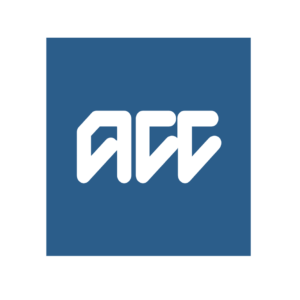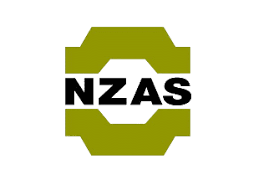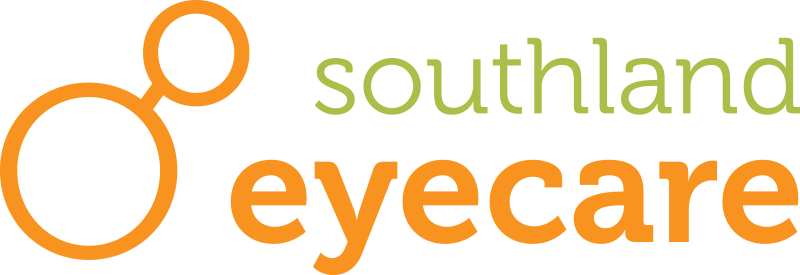Look good, see better
Services
Eye Examination
There are many reasons people need to have their eyes examined. Sometimes it’s just ‘routine’ where a regular check is needed to check for un-noticed things, other times, it’s for ‘acute’ changes in vision; something has noticeably changed. When it’s not acute, we hope our eye examinations are informative and enjoyable. An examination might also be needed to check you pass certain standards such as for driving, or for workplace safety. It can be needed when you have health conditions that affect your eyes such as diabetes, or to monitor for drug toxicity due to a medication your GP has prescribed you such as hydroxychloroquine or amiodarone. A major part of optometrists’ work is prescribing glasses and contact lens for people who need them to either see better, or to make their eyes less strained, such as doing screen-based work. Only optometrists and eye surgeons can prescribe glasses and contacts. For children aged 1-7 years having a comprehensive eye examination is highly recommended to make sure the child’s eyes are developing correctly; this is to avoid ‘lazy eye’ where one eye doesn’t develop correctly due to undetected problems. For this age group we are maximizing development and function. For children and young adults aged 7-25 years, the main change is shortsightedness, where seeing the board at school becomes difficult for about 25% of students, which requires glasses and contacts. There are ways, called myopia control, that try to slow this down. Then we hope that from 25-60 years that everybody will be pretty good health-wise. We still keep an eye out for the occasional serious eye health condition, but the main change is in the mid-late 40s when our reading vision starts to fail naturally, and reading glasses become a part of life. From 60 years onwards, we start to deal with cataracts causing blurred vision that can be improved with surgery, macula degeneration causing loss of detailed vision that can’t be generally improved with surgery, and glaucoma, where in general terms, eye pressure slowly damages the optic nerve leading to un-recoverable loss of vision. For this age group we are trying to minimize loss of function.
Prescriptions
At Southland Eyecare we can give you a prescription for the following:
- Glasses
- Contact Lenses
- Medicines for the treatment of eye infections and inflammation; antibiotics and anti-virals, anti-inflammatories and steroids, antihistamines and lubricants.
- Medicines for the treatment of Glaucoma; ocular anti-hypertensives.
- Irlen Lenses
Children’s Vision
Our examination of children is actually quite fun; mostly because children are tested using different methods to adults to find the information we need about how their vision is going. A child’s vision is developing up until the age of 7 years, but we’d prefer to see them by aged 3. At this age you want to make sure the eyes are straight, they have a similar ‘power’, and that one eye isn’t getting ‘lazy’. This period, aged 0-7 years, is the ‘critical period’ of eye-brain function.
In this age group we do use an eyedrop called a cycloplegic to better assess the optics of the child’s eyes.
From aged 7-16 years we really are fine-tuning things in terms of sharpening the vision, and enhancing how the eyes aim and function together, and how the eye-brain system does tasks such as reading and screen-work; all the things basically needed to get a good education.
Southland Eyecare also holds the Irlen Licence for Southland to provide Irlen lenses, which are coloured/tinted lenses to make these tasks easier.
There is Ministry of Health Funding for children through ENABLE which we can apply for. If you have Community Services Card this subsidy is available every year if needed, for children aged under 16 years, and generally will cover all examination costs and most of any glasses cost if glasses are needed.
Diabetes
For the eye, the main diabetic changes we monitor in the eye are blood vessel problems in the retina (retinopathy), right at the back of the eye; diabetes damages the blood vessel walls through-out the body, and the eye is an organ that you can easily see the blood vessels in action. We check the retina routinely, even if you aren’t diabetic.
A Diabetic Retinopathy Screening therefore is just a formal scoring of the condition of the eyes’ blood vessels, which then indicates what the rest of the body is like.
To do this assessment we usually make your pupils temporarily bigger using an eyedrop, and then digitally photograph the inside of your eyes. We can show and discuss these with you, and a report is then sent to your GP. Based on the condition of your eyes we schedule a review date (usually between six-months and two-years).
Contact Lenses
Contact lenses are an under-appreciated invention; quite remarkable that a thin piece of plastic polymer can be placed on the sensitive front surface of our eyes to make us see better. Southland Eyecare offers pre-assessment to check that you can safely wear contacts, then teaches you how to use them correctly, and annual checks for ongoing safety. We use contact lenses from the major international manufacturers, and you can buy these from us.
Glaucoma
Glaucoma is a complex condition that results in the optic nerve slowly dying. It generally has no symptoms until the optic nerve is just about dead. It requires life-long treatment, but the vast majority of patients don’t go blind. The global prevalence of glaucoma for people aged 40-80 years is 3.5%. We do use specific tests such as Visual Fields and OCT Scans to diagnose this problem. These tests do incur higher fees for examination. Southland Eyecare is able to diagnose and treat early signs of glaucoma. More serious cases require referral to an eye surgeon.
Cataract
Generally cataract is a natural aging process of the focusing lens inside our eyes; it gets old and cloudy from aged 60 onwards. If it gets too bad then surgery is required to take it out and put a plastic one in. It is good to have a nest-egg set aside for this surgery because the public sector has a long wait. Assessment and advice regarding cataract is a routine part of your examination at Southland Eyecare.
Macula Degeneration (ARMD)
ARMD is an age-related loss of function to the very centre of our retina, and hence the very detailed centre of our vision. Of all conditions, this can be the toughest to deal with because for most cases (dry ARMD) there is no treatment, with the exception of diet, lifestyle and nutrition supplementation. For ‘wet’ ARMD this is a more acute situation and requires referral to an eye surgeon for treatment. At Southland Eyecare during your eye examination we are routinely looking for ARMD.
ACC Examinations
Southland Eyecare is an approved ACC Product Vendor and Service Provider. This means care for acute eye injuries, review from GPs, post-concussion and head injury assessments with us can be subsidized with approval through ACC.
Driving Licence Vision Checks
In order to safely drive a car, you need to see, and there are standards of vision to be reached. We offer driver’s licence checks for all classes of licence.
Industrial Safety
It is with a great deal of satisfaction that Southland Eyecare has been providing safety eyecare and eyewear to major industrial business in Southland, such as the Tiwai Smelter, for forty years. We would also like to mention ASURE Quality, Daiken, Blue Sky Meats, Alliance and Fonterra as some of the bigger companies using our services, and thank them for their ongoing patronage.
We also provide:
- Referrals to surgeons for routine elective surgery such as cataract, and acute conditions such as retinal detachment
- Correspondence with GPs regarding the systemic causes of eye disease
- Correspondence with physiotherapists post-concussion and head injuries.
- Network with educators regarding children’s learning and Irlen diagnosis.
RESOURCES
Below are a collection of PDF resource files for your information…. etc.
Safety provider to








